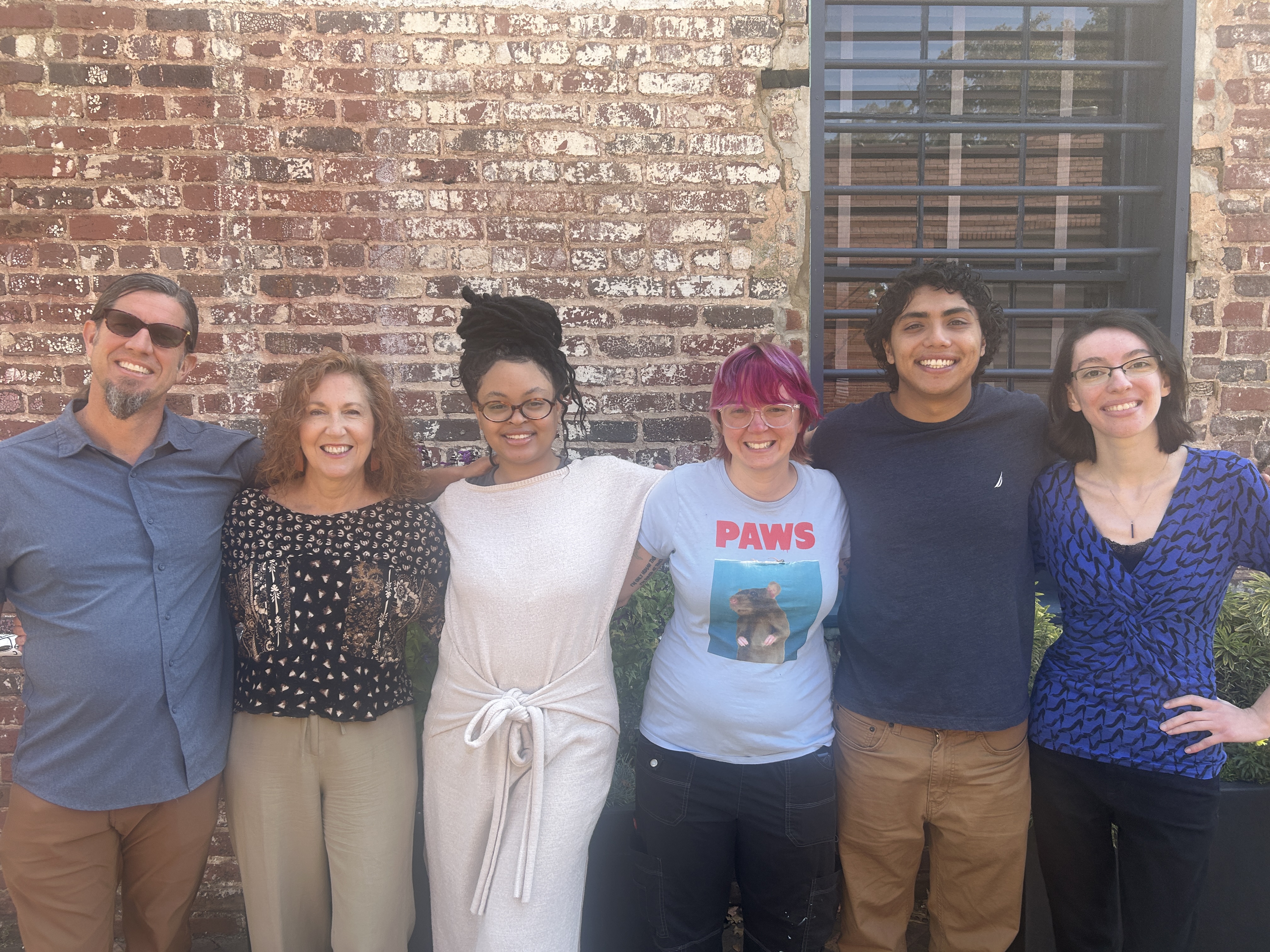The best gifts are experiences. Especially those that fundamentally change you, help you evolve.
Seven years ago, I sat across from John Lash, then executive director of GCC, listening to his powerful personal story over coffee in Five Points. Several of my UGA leadership students were working with John on a year-long service learning project and they were eager for John to come speak to our class.
For decades I’d studied and taught what I thought to be the gamut of conflict resolution (both union and non-union), but all sorts of cracks in my old beliefs surfaced as he described restorative practices and something called non-violent communication. Among them:
- Conflict is inevitable; violence, however, is not.
- Conflict can provide the greatest opportunities for growth.
- The presence of conflict just means one of more of our basic human needs is not being met.
- Active listening and empathy for both ourselves and others is essential.
I began to read books he’d suggested. Came to understand that my discomfort with interpersonal conflict was holding me back from growth and empathy. After Danny Malec joined GCC, I continued my training, even shadowed him at Clarke Middle School for a semester. I saw many obstacles our children face. Yet even when they were hungry, hurting, sleep-deprived, grieving, or angry, most of them chose a restorative process to resolve conflicts before they became fights; many chose to face someone they had harmed to make it right rather than serve an idle suspension.
I’ve had the privilege of serving in just about every role at GCC so far. But the most meaningful one is that of student. When I lead non-violent communication training, it’s the first thing I say, not out of humility, but truth.
As Marshall Rosenberg said, “When we listen for others’ feelings and unmet needs, they are no longer monsters, just people.” For those of us who weren’t allowed to express our feelings or needs as kids, that applies to us, too.























